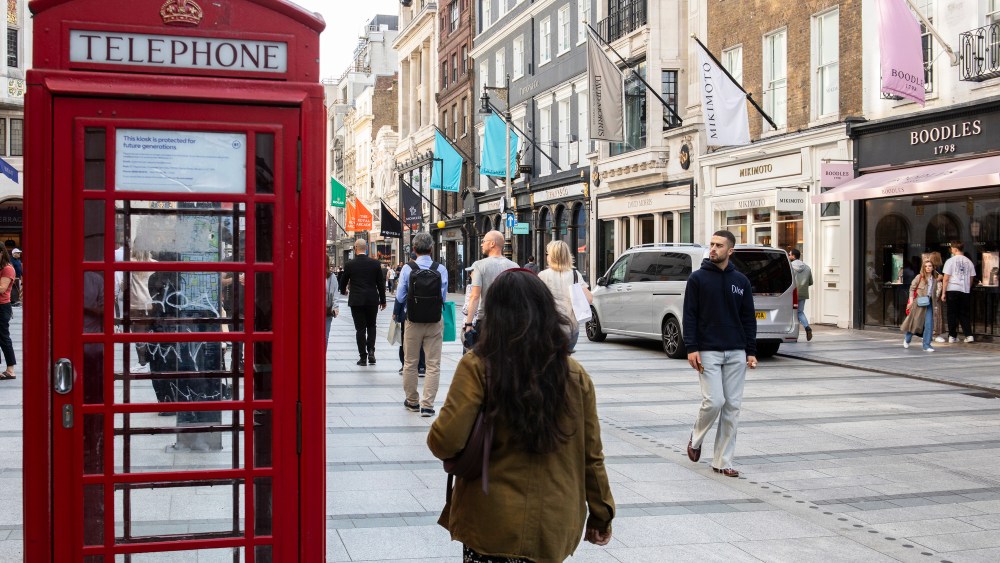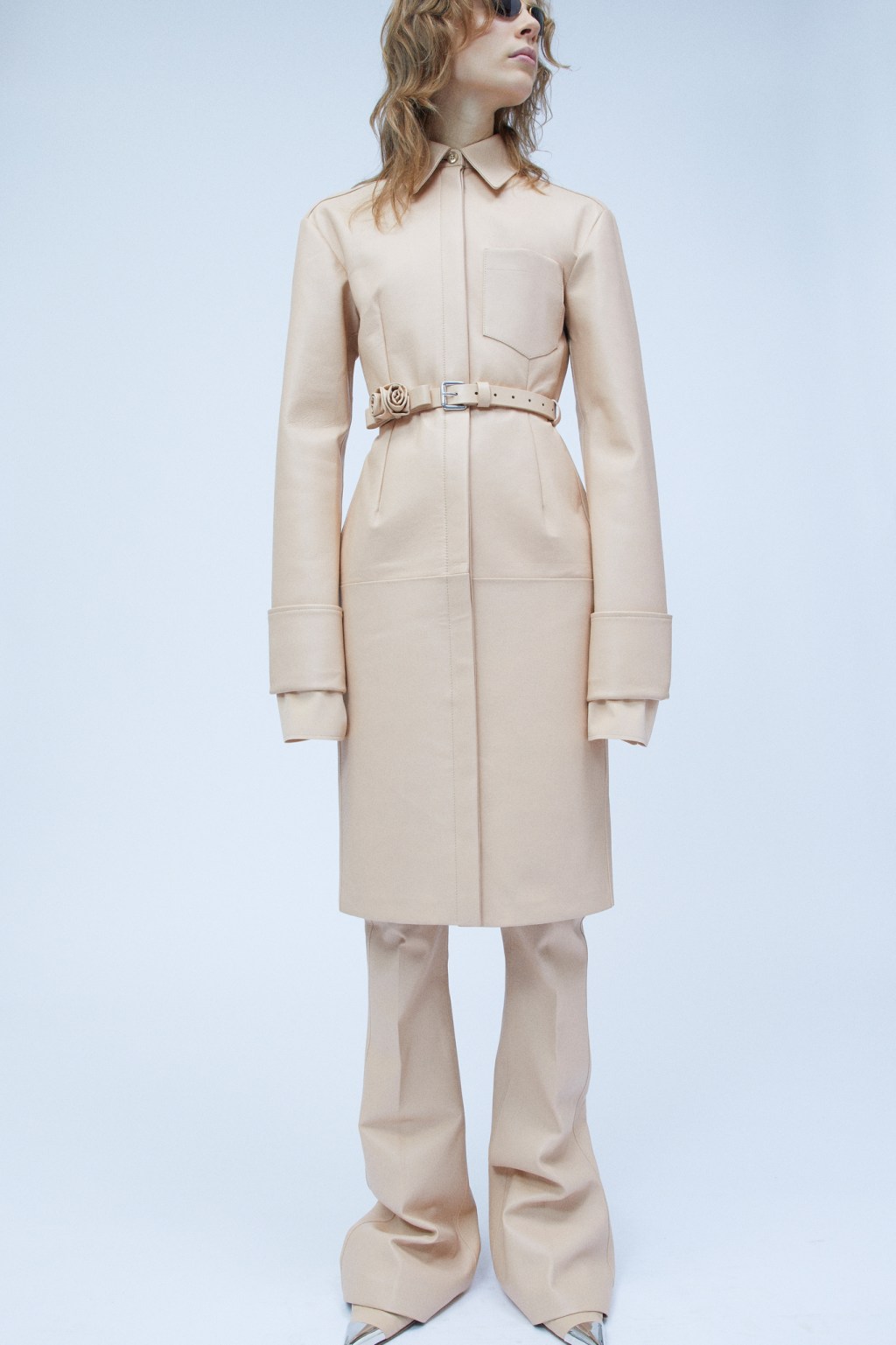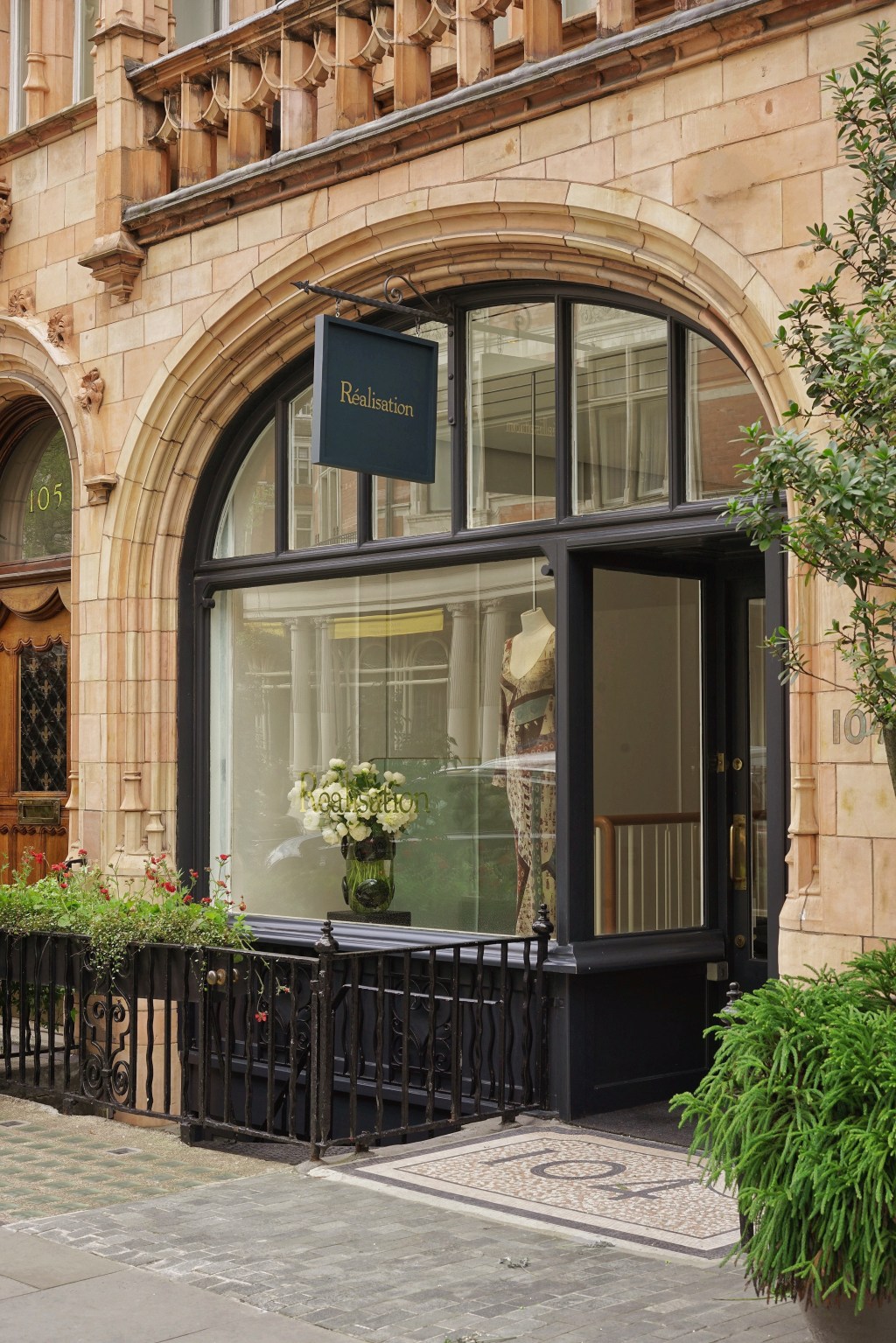LONDON — It’s only been a few hours since Donald Trump was elected 47th President of the United States, and already British luxury businesses are preparing for a higher cost of trade with the U.S.
Helen Brocklebank, chief executive officer of the British luxury business lobby Walpole, said in a letter to the organization’s members that, during the campaign, Trump had already raised the prospect of a 10 percent, or even a 20 percent, tariffs on all goods imported to the U.S.
“This would be a clear threat to the success of British luxury brands, and the hundreds of thousands of highly skilled jobs which our sector supports. Likewise, it is highly damaging for American customers who will end up paying higher prices across the board,” she said.
You May Also Like
North America is a large export market for British luxury, representing 24 percent of all exports, or roughly 13 billion pounds. The lion’s share of that trade is with the U.S.
Brocklebank said Walpole is currently working to assess the potential impact of any new U.S. tariffs, and is engaging with the British government and other industry stakeholders to ensure that the interests of luxury businesses are represented.
There are even more trade worries tied to a Trump administration, said Brocklebank.
“The additional challenge for our government is to navigate Trump’s expectation, backed by the threat of tariffs, that the U.K. align with his trade policies that target China. There is also the prospect of the EU enacting retaliatory tariffs on the U.S. should it fall under the auspices of Trump’s tariff regime.
“In light of this, there is a material risk that the U.K. finds itself in the eye of the storm of a tripartite trade war between three of our biggest export markets, the U.S., EU and China,” she said.

In the letter Brocklebank also recalled the impact of the Boeing-Airbus dispute that saw the U.S. slap punishing tariffs on British whisky, cashmere and high-end tailoring.
As reported, between 2019 and 2021 British luxury goods were caught in the crossfire of a long-running World Trade Organization dispute regarding government subsidies to airplane manufacturers Airbus in Europe, and Boeing in the U.S.
Tariffs of up to 25 percent were imposed on exports such as Savile Row suits, cashmere knits and Scottish whisky, costing producers of cashmere, high-end tailoring and bed linens here hundreds of millions of pounds.
Walpole and other industry lobbies always argued that British luxury should never have been “collateral damage” in a trade war about airplane parts.
The tariffs were removed in 2021 after the U.S. and the EU resolved the dispute and agreed to “work together” to overcome any disagreements in the large civil aircraft sector.
Walpole’s worries about President-elect Trump’s potential policies emerged within days of a new raft of business taxes announced by Britain’s Chancellor of the Exchequer, Rachel Reeves.
As reported, Reeves’ first budget includes 40 billion pounds in tax hikes targeted mainly at small and medium-sized private businesses, the prosperous middle class, and the very wealthy.
She is also ramping up capital gains tax, and putting extra pressure on employers by hiking minimum wage and increasing the National Insurance payments they make to the state, all moves that will punish Walpole members and many other British businesses.


